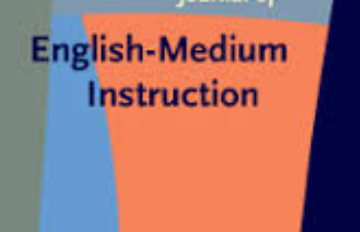
Abstract: Universities in many non-Anglophone countries have adopted English Medium Instruction (EMI) for tertiary education due to the global demand for English proficiency. Bangladesh is no exception, with the push for EMI driven by two main objectives: achieving economic growth and developing a proficient workforce. As a result, many higher education institutions are transitioning to EMI policies. While EMI offers students and teachers international exposure and access to the global academic environment, it also presents significant challenges, including potential language barriers and reduced comprehension. This study conducts a comprehensive analysis of academic articles and peer-reviewed journals to identify and evaluate the challenges faced by teachers and students in Bangladeshi higher education due to EMI. It examines key aspects, including the historical development of English in Bangladesh, its importance before and after independence, and the current difficulties in integrating EMI into tertiary education. The study provides a nuanced understanding of the benefits and drawbacks of EMI in the Bangladeshi context. The research concludes with insightful recommendations for policymakers aimed at enhancing the status of English in Bangladesh. These recommendations include strategies for improving teacher training, enhancing curriculum design, and providing additional support for students struggling with EMI. Ultimately, this paper offers a strategic framework to address the multifaceted issues associated with EMI in higher education, aiming to improve both educational outcomes and economic prospects in Bangladesh. By implementing these recommendations, policymakers can better support the integration of EMI and help students and teachers navigate its challenges effectively.
Keywords: English medium instruction (EMI); tertiary education; academic performance; implementation challenges; non-anglophone context
